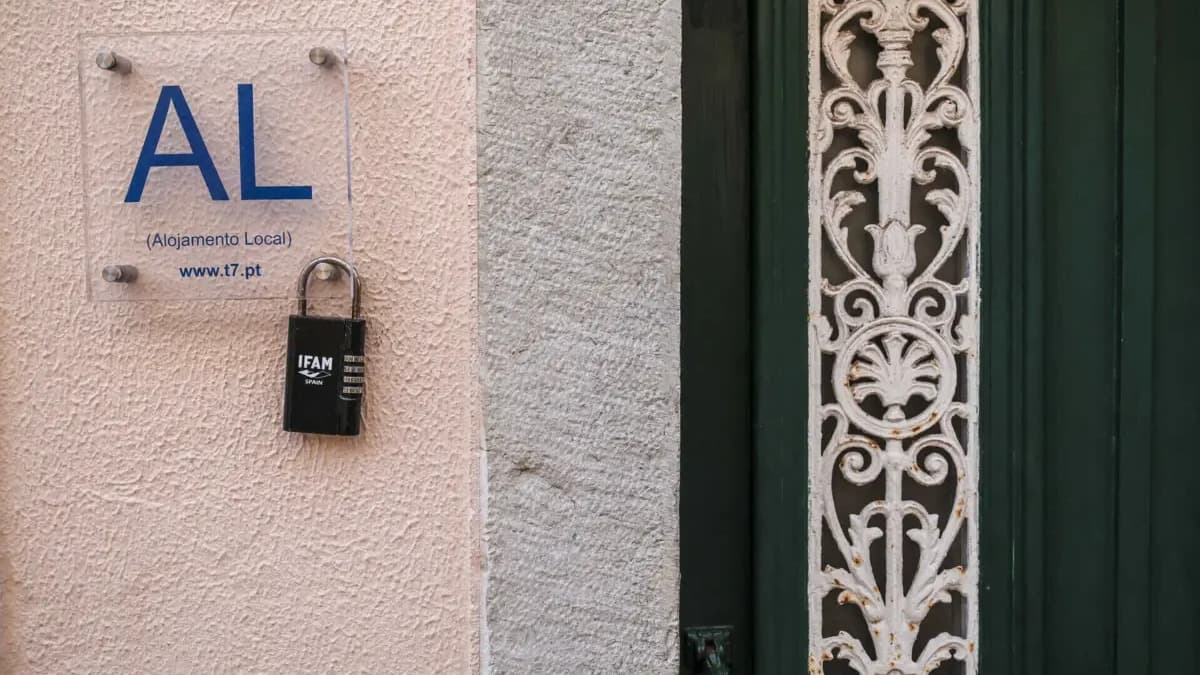Conversion of Vacant Buildings into Tourist Housing Drives Urban Renewal in Portugal
A growing trend in Portugal's real estate market is the conversion of disused commercial properties into tourist accommodation, a practice that is revitalizing urban centers and attracting significant investor interest. This movement is not only breathing new life into vacant buildings in major cities like Lisbon and Porto but is also being credited with creating local jobs and adding considerable value to the national economy.
The German hospitality operator limehome has been at the forefront of this development. In an interview with Idealista/news, Daniel Hermann, the company's Chief Growth Officer, stated that the hospitality sector presents “an excellent alternative for urban rehabilitation.” Over the last two years, limehome has developed a portfolio of over 350 tourist apartments across 15 buildings in Lisbon, Porto, and Évora by transforming previously vacant commercial spaces. The company has announced its intention to continue this expansion, with a focus on the Algarve and the North of Portugal.
This conversion activity has been notably facilitated by the government's 'Simplex' program, which was introduced in early 2024 to streamline urban licensing. Hermann acknowledged the program's impact, noting that the simplification measures “have accelerated deadlines and reduced bureaucracy, allowing us to start projects more agilely and efficiently.” He expressed optimism that the government's planned revision of the Simplex program will further ease administrative processes, which could significantly boost the conversion of properties into tourist units.
Need Expert Guidance?
Get personalized insights from verified real estate professionals, lawyers, architects, and more.
The business model is proving highly attractive to both property owners and investors, both domestic and international, due to the high returns on investment. “The conversion of old buildings, often located in central or historic areas, allows for maximizing the potential of rentability,” Hermann explained. He confirmed that limehome is currently in negotiations with investors and property owners to expand its operations. The appeal lies in transforming underperforming assets into profitable ventures within Portugal's robust tourism sector.
Portugal continues to be viewed as a safe and appealing destination for real estate ventures, particularly within the tourism industry. The regulatory environment, coupled with strong market demand, creates a favorable climate for such projects. The conversion of these properties is seen as a win-win, as it addresses the issue of urban decay while simultaneously meeting the needs of a growing tourism market. This synergy is what makes the business of transforming old buildings into modern tourist units a compelling proposition for investors looking for opportunities in the country.
[Discover rental property opportunities and regulations at realestate-lisbon.com.]




